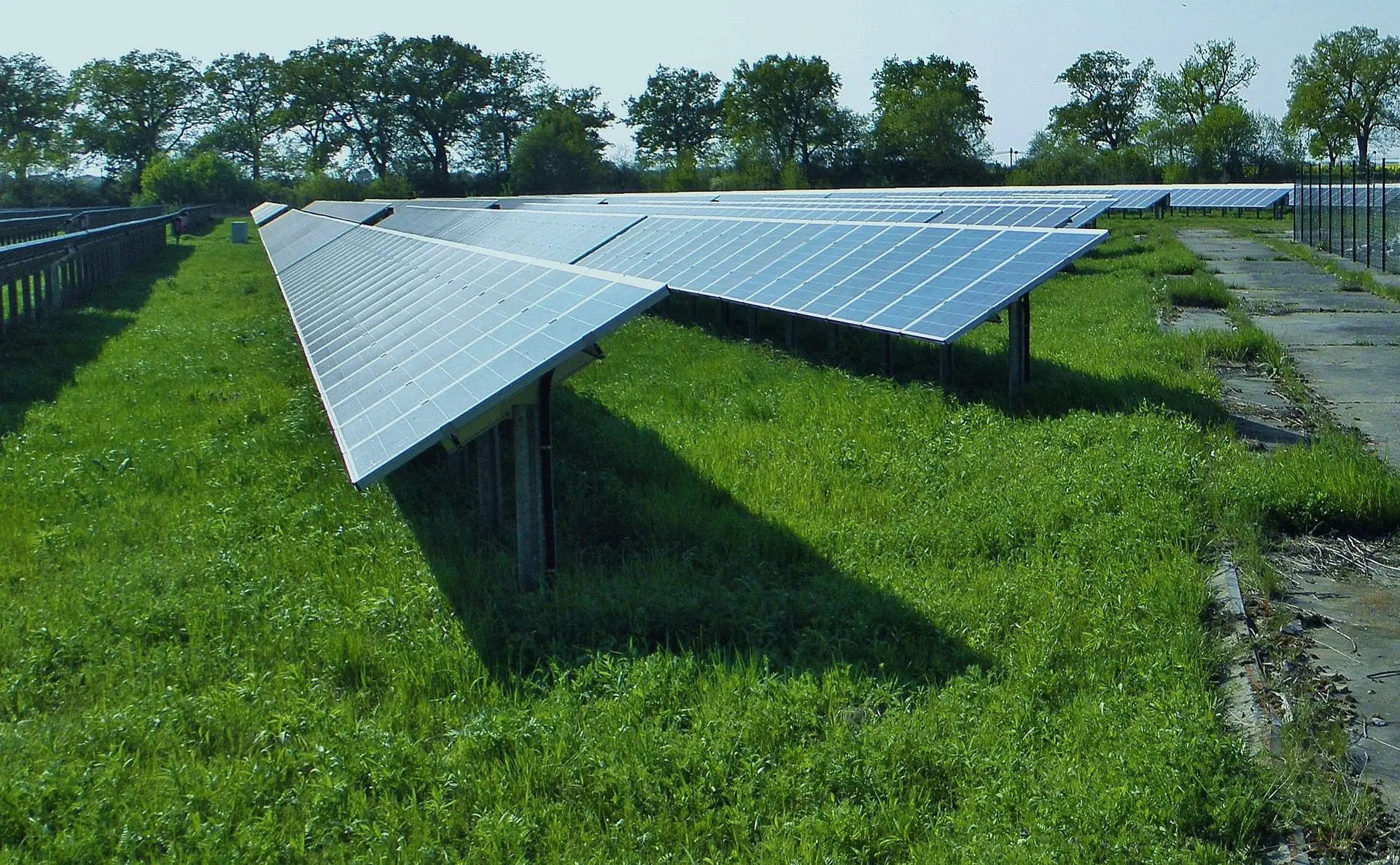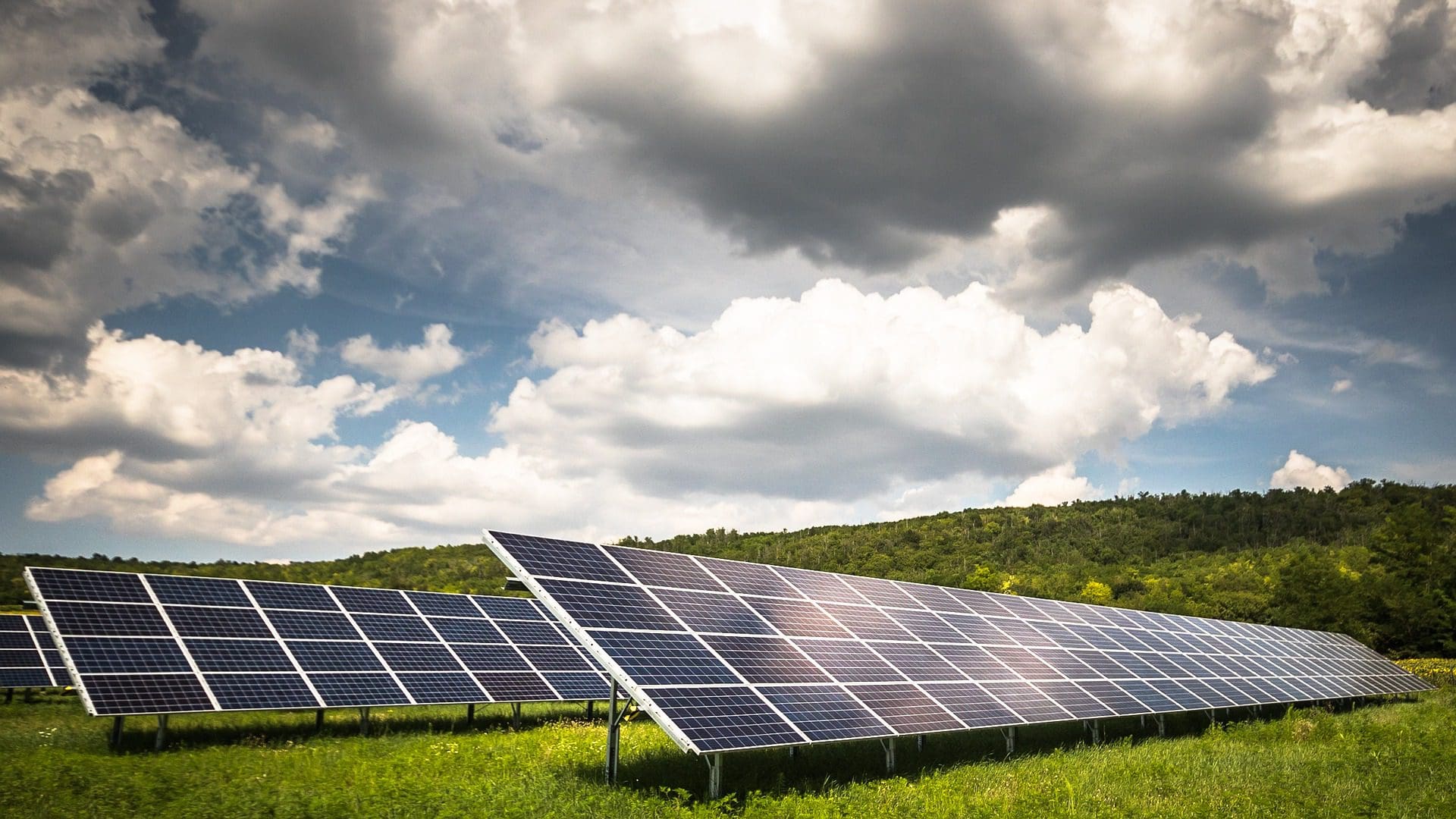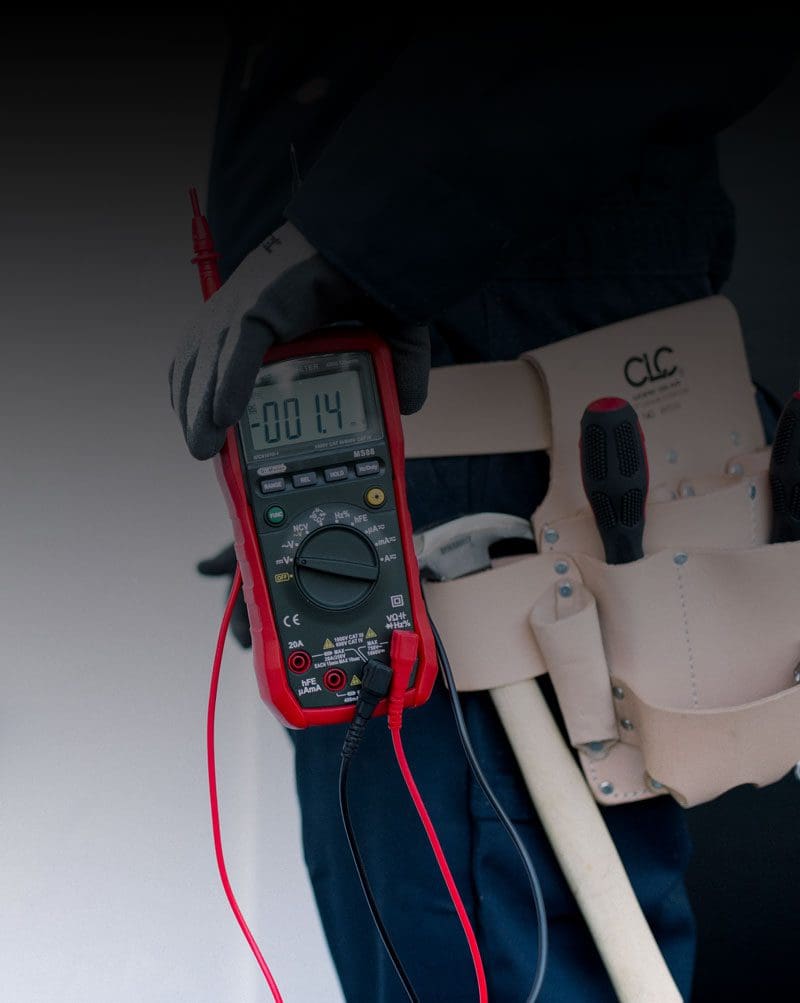Powering Your Farm:
A Guide to UK Agricultural Grants for Solar Panel Installation in 2025.
For UK farmers and landowners, investing in solar power offers a powerful path to reducing energy costs, enhancing sustainability, and building a more resilient agricultural business. With rising energy prices and a growing focus on decarbonisation, government support for on-farm renewables is becoming increasingly vital.
This article details the key agricultural grant schemes available for solar panel installation in the UK in 2025, outlining the criteria, funding levels, and important considerations for landowners.
The Landscape of Agricultural Solar Grants in 2025
In 2025, the primary avenue for agricultural businesses seeking solar panel installation grants in England continues to be through the Farming Transformation Fund (FTF), specifically the Energy and Water theme. While specific rounds and deadlines can vary, the overarching aim of these grants is to help farmers invest in equipment and infrastructure that improves productivity, animal health and welfare, and environmental sustainability.
It’s important to note that similar, though potentially varied, schemes may exist in Scotland, Wales, and Northern Ireland. Farmers in these devolved nations should consult their respective government agricultural bodies for the most up-to-date and region-specific information.
Key Grant Scheme: Farming Transformation Fund (Energy and Water Theme)
The Energy and Water theme of the Farming Transformation Fund aims to support investments in technologies that improve energy efficiency, renewable energy generation, and water management on farms. Solar PV systems are a key component of this.
Criteria for Government Funding:
To be eligible for funding under the Farming Transformation Fund, applicants typically need to meet several criteria, which can include:
- Active Farmer Status: Applicants must be existing farmers, growers, or land managers in England.
- Business Plan and Viability: A robust business plan demonstrating the need for the solar installation, its expected benefits (energy savings, reduced carbon footprint), and the financial viability of the project is often required.
- Project Suitability: The proposed solar project must align with the fund’s objectives of improving farm resilience, productivity, or environmental performance.
- Planning Permission: Where required (e.g., for ground-mounted systems or larger roof-mounted installations), applicants must have secured or be in the process of securing necessary planning permission.
- Environmental Considerations: Projects must demonstrate compliance with environmental regulations and may be assessed on their wider environmental impact.
Minimum Scale and Grant Coverage:
-
While exact figures can vary between funding rounds, general guidelines for the Energy and Water theme include:
- Minimum Grant Value: Typically, the minimum grant available for solar PV systems is £15,000. This implies a minimum project cost of £60,000 to £75,000 (depending on the grant percentage).
- Maximum Grant Value: The maximum grant available for solar PV systems is usually £100,000.
- Percentage of Costs Covered: The grant schemes generally cover a percentage of the eligible costs of the solar PV equipment and installation. For the Farming Transformation Fund, this has consistently been around 25% of eligible costs. This means:
- Government Grant: 25% of the eligible project costs.
- Landowner Contribution: 75% of the eligible project costs must be self-funded by the landowner or through other financing.
It is crucial for applicants to understand what constitutes “eligible costs,” as certain items (e.g., land purchase, grid connection fees beyond a standard connection, or ongoing maintenance) may not be covered.
Where Can Solar Panels Be Installed with Grant Funding?
A significant advantage of these agricultural grants is their flexibility regarding installation location:
- Farm Buildings: Grants are definitely available for solar panel installations on farm buildings, including barns, dairies, grain stores, and other agricultural structures. This is often the preferred option due to its minimal impact on agricultural land use and often simpler planning requirements (especially for smaller systems within permitted development rights).
- Agricultural Land (Ground-Mounted Systems): Grants can also be available for ground-mounted solar panel systems on agricultural land. However, proposals for ground-mounted arrays will likely face more stringent scrutiny regarding land use, visual impact, and planning permission. The project must demonstrate how it benefits the agricultural business, rather than solely being a large-scale energy generation scheme unrelated to the farm’s core activities. Land taken entirely out of agricultural use for a large-scale solar farm (i.e., not primarily powering the farm’s operations) would typically fall outside the scope of these agricultural grants and would need to be financed differently.
The key is that the solar installation must demonstrably contribute to the efficiency, productivity, or sustainability of the agricultural business.
Take-Up of Agricultural Solar Panel Systems in the UK (Last 5 Years)
The past five years have seen a significant and accelerating increase in the take-up of solar panel systems by UK agricultural businesses. Several factors have driven this trend:
- Rising Energy Prices: Fluctuating and generally increasing energy costs have made self-generation more economically attractive.
- Technological Advancements: Solar panel technology has become more efficient and affordable, making the return on investment more appealing.
- Decarbonisation Targets: Farmers are increasingly aware of their role in meeting national climate targets and are seeking ways to reduce their carbon footprint.
- Government Support: While grant schemes have varied, the continued availability of funding, even at 25% of costs, has provided a crucial incentive.
- Increased Awareness: Greater understanding among the farming community of the benefits of renewable energy.
While precise, up-to-date figures for the entire UK agricultural sector are difficult to pinpoint due to the decentralised nature of installations, industry reports and anecdotal evidence suggest:
- Growth in Farm-Scale Installations: There has been a steady rise in small to medium-scale solar PV installations on farm buildings, driven by on-site energy consumption.
- Emergence of Agri-PV (Agrivoltaics): A growing interest in “agri-PV” or “agrivoltaics,” where solar panels are integrated with agricultural production (e.g., elevated panels allowing crops or grazing beneath), indicates a move towards optimising land use. While still niche, this concept is gaining traction.
- Increased Grant Applications: Demand for agricultural grants related to renewable energy has consistently been high, often oversubscribed in various funding rounds.
The trend indicates that solar power is becoming an increasingly integral part of modern, sustainable farming practices across the UK.
Applying for a Grant: Key Steps
- Research and Eligibility: Thoroughly review the specific guidance for the current Farming Transformation Fund round (or equivalent schemes in devolved nations) on the GOV.UK website.
- Project Planning: Develop a detailed plan for your solar installation, including sizing, location, estimated costs, and projected energy savings.
- Obtain Quotes: Secure detailed quotes from reputable solar installers.
- Planning Permission: If required, apply for and secure planning permission before submitting your full grant application.
- Application Submission: Complete the grant application form meticulously, providing all requested documentation and a clear business case for your project. Be aware of application windows and deadlines.
Conclusion
Investing in solar energy through available grant schemes can significantly enhance the financial and environmental sustainability of your agricultural business, securing a greener future for your farm.
Our Services
Commercial Solar Panels
We have designed and installed high yield commercial solar panel systems for many clients. We can provide all design and payback calculations and ongoing maintenance.
Agricultural Solar Panels
We have many years experience designing and installing agricultural solar panel systems for farm businesses and saving them huge costs on electrical energy.
Residential Solar Panels
Our design and solar panel installation engineers have over a decade of experience installing and maintaining solar PV systems for residential customers across the UK
Electrical Contractors
We are NICEIC registered electrical contractors and members of the Electrical Contractors Association for all industrial, commercial and residential electrical services including testing, inspection and compliance services.
Mechanical Services
We offer M&E design, calculation, estimation and full fit-out, installation and maintenance services to commercial clients. We also provide contract maintenance and building compliance and testing services
Solar Renewables
We are MCS and RECC registered solar panel installers for all commercial and residential solar panel installations including ground arrays and roof mounted PV systems and battery storage configurations.
EV Home Chargers
We fit all makes, models and types of EV Chargers for residential customers. We are Office for Zero Emission Vehicles (OZEV) authorised installers.
EV Workplace Chargers
We can undertake all required aspects of commercial EV charging point installation, from initial design and consultation to servicing and on-going maintenance.
Gas Boiler Engineers
We are Gas Safe Registered and undertake boiler installation, servicing and all gas safety checks for landlords and residential customers.
Solar Panel Installer
Photovoltaic Systems generate no greenhouse gases, a typical domestic system can save approximately 1.2 tonnes of carbon dioxide emissions per year – adding up to almost 30 tonnes over a system’s lifetime.
Our design and solar panel installation engineers have many years experience installing solar PV systems for industrial and commercial clients.
Contact Us
Solar Panel Enquiry
Address
Keighley, West Yorkshire
BD21 4PF
UK
What3Words
What3Words:///clocks.decide.pokers
Phone
Keighley: 01535 687010 Skipton: 01756 793039




